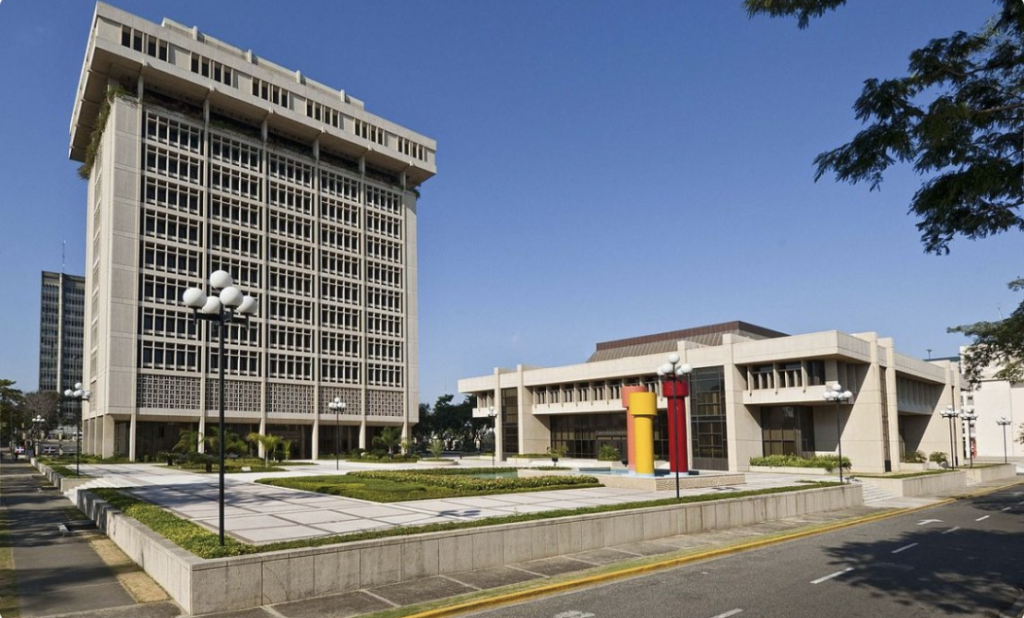
Economists Elisa Vilorio de Painter and Julio Andújar Scheker, both Central Bank governor advisors, seem to be confident it is not about whether the DR will be granted Investment Grade by international credit agencies, but when. The economists contributed to the Central Bank website an article where they explain the Dominican Republic is on the right track to reach the coveted Investment Grade rating. The investment grade rating translates into more favorable financing terms, thereby improving public finance management and debt sustainability.
The rating is especially important for the Dominican Republic that is obliged to spend billions in social costs for the Haitian migrants, but at the same time is a country whose economic growth has excluded it from benefiting from developing country financing by international organizations.
The economists in their article conclude that the DR has the necessary policy mix and macroeconomic fundamentals to achieve investment-grade status in the medium term. Its track record of political stability and economic resilience, coupled with ongoing reforms, positions it favorably, they say. As the country continues to diversify its exports and benefit from nearshoring trends, the prospect of achieving investment grade and further economic development becomes increasingly attainable, say the economists.
In the article published on the Central Bank website, they point out that since 2012, the DR has enjoyed on average 5% annual economic growth, with inflation consistently hovering around the 4% target. This has led to a surge in foreign direct investment.
Already, the DR’s sovereign debt has been upgraded. Standard & Poor has the country’s rating only two notches below investment grade. As a result, the prospect of the Dominican Republic’s sovereign debt being upgraded to investment grade has become a tangible possibility. Moody’s has also revised the outlook for Dominican debt from stable to positive, citing significant progress in economic management and key indicators such as reserves, inflation, and growth expectations.
The economists complain that despite the positive outlook, JP Morgan Emerging Markets Bond Index (EMBI) has consistently been lower than those of countries like Mexico, Panama, and Colombia, which currently hold investment-grade ratings. This suggests that investors are perceiving the country’s credit as less risky, even if the rating agencies have yet to fully reflect this.
Changes in the EMBI are influenced by both domestic and external factors. While global monetary conditions and volatility play a role, domestic macroeconomic fundamentals account for a significant portion of EMBI movements. The Dominican Republic’s success in maintaining a downward trend in its EMBI, even amidst tightening global financial conditions, attests to the effectiveness of its domestic policies, argue the economists.
Investment grade rating would grant the country access to cheaper international financing and more favorable terms, thereby improving public finance management and debt sustainability.
The economists mention that the International Monetary Fund (IMF) has suggested that a comprehensive tax reform to boost revenue, long-term limits on public debt, and addressing inefficiencies in the electricity sector would help the Dominican Republic achieve investment grade. The electricity sector seems to be a priority of the second term of the Abinader administration, with the naming of former Minister of the Presidency Joel Santos to the position of the Minister of Energy.
The country’s inflation-targeting framework has contributed to price stability, reduced inflation volatility, and improved the transmission mechanism of monetary policy. Additionally, strong international reserves, foreign direct investment, and export diversification have enhanced the economy’s resilience to external shocks.
Read more in Spanish:
Central Bank
DR1 News
27 August 2024

